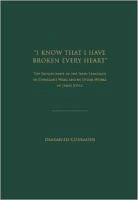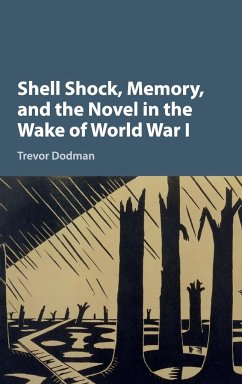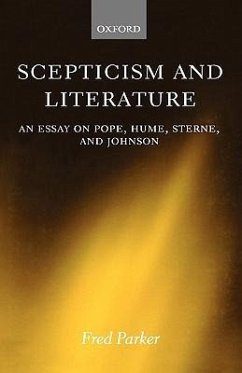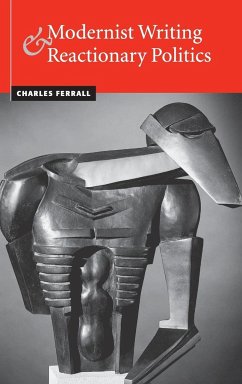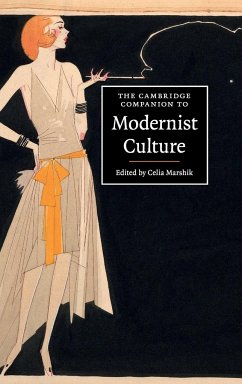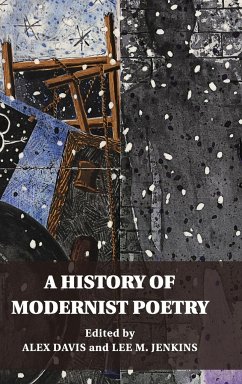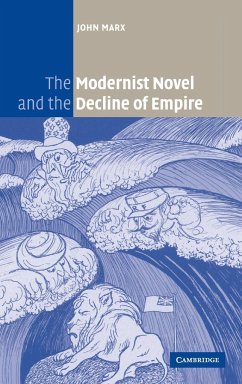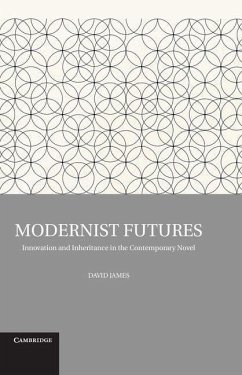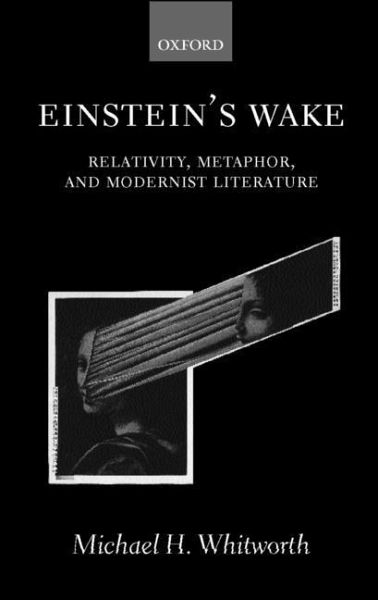
Einstein's Wake (Relativity, Metaphor, and Modernist Literature)
Versandkostenfrei!
Versandfertig in 1-2 Wochen
225,99 €
inkl. MwSt.

PAYBACK Punkte
113 °P sammeln!
The revolution in literary form and aesthetic consciousness called modernism arose as the physical sciences were revising their most fundamental concepts: space, time, matter, and the concept of 'science' itself. The coincidence has often been remarked upon in general terms, but rarely considered in detail. "Einstein's Wake" argues that the interaction of modernism and the 'new physics' is best understood by reference to the metaphors which structured these developments. These metaphors, widely disseminated in the popular science writing of the period, provided a language with which modernist writers could articulate their responses to the experience of modernity. Beginning with influential aspects of nineteenth-century physics, "Einstein's Wake" qualifies the notion that Einstein alone was responsible for literary 'relativity'; it goes on to examine the fine detail of his legacy in literary appropriations of scientific metaphors, with particular attention to Virginia Woolf, D. H. Lawrence, Wyndham Lewis, and T. S. Eliot.



